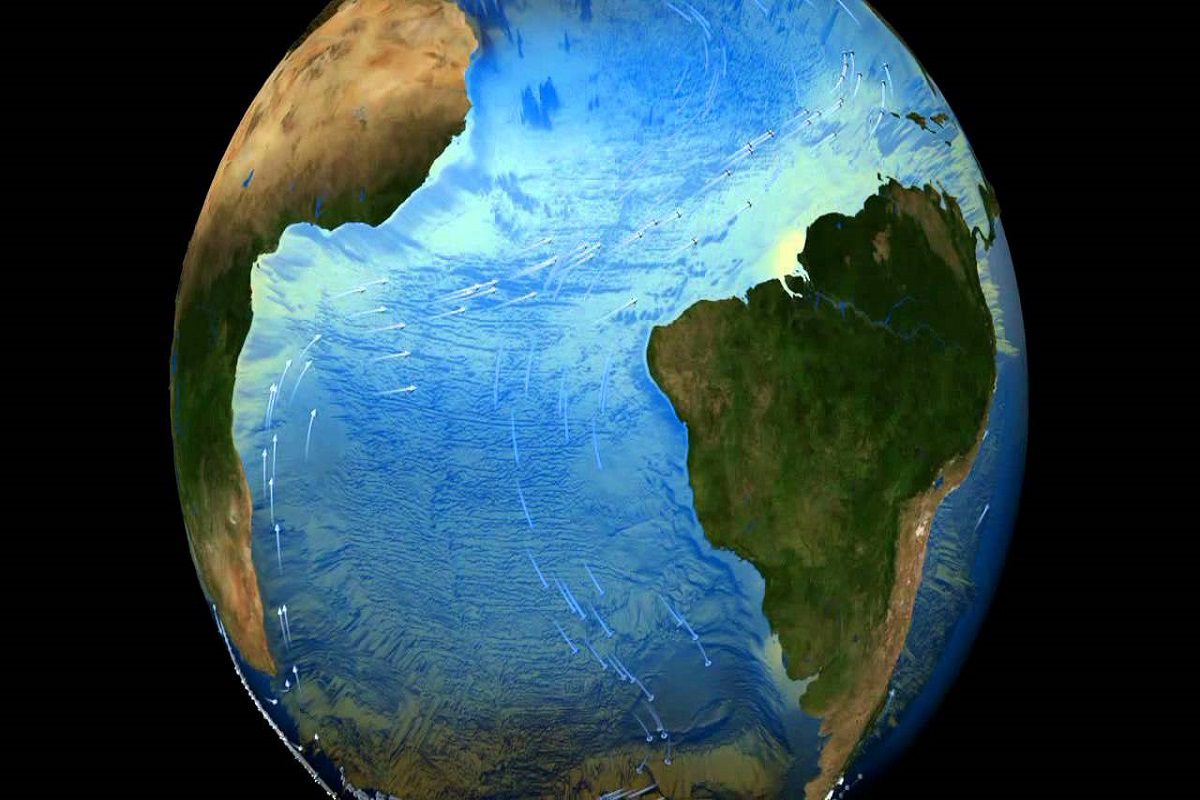Ocean Currents Collapse: Experts reveal a terrifying picture of a key ocean current system breaking destroyed. This might impact everyone worldwide.
Current research suggests that the North Atlantic’s intricate Atlantic Meridional Overturning Current (AMOC) may soon collapse. This might happen by mid-century or perhaps 2025, which is frightening.
Alarming research suggests that this vital system’s tipping point is impossible to pinpoint because current measures indicate no change ortrend. However, experts concur that the results are frightening and suggest the tipping point may occur sooner than expected.
The AMOC transports tropical waters to the North Atlantic like a giant conveyor belt. After cooling and becoming saltier, the water descends to the ocean floor and travels south.
Climate role The AMOC governs global weather and is vital to Earth’sclimate system. If this complex system failed, it would entail harshwinters, increasing sea levels in Europe and the US, and tropicalmonsoon variations.


READ MORE: Florida Coral Bleaching Crisis: Urgent Rescue Mission to Save Reefs from Extinction
Climate change Scientists have long warned that the AMOC is underjeopardy as the climate situation worsens. The currents’ delicatewarmth-saltiness balance is under danger.
Experts examined historical data from 1870 to 2020 to understand aboutthe AMOC’s past and future. They examined sea surface temperaturessouth of Greenland in the North Atlantic to understand currents beforehuman-caused climate change.
Scary predictions After much investigation, “early warning signals” ofmajor AMOC shifts were uncovered. According to this statistics, thesystem might collapse between 2025 and 2095. The situation is so badthat collapse is anticipated between 2039 and 2070.
Unprecedented gravity: Experts are concerned. An AMOC collapse mightharm everyone on Earth.Urgency and action: The report urges swift, effective action to cutglobal warming emissions and lower global temperatures to limit Arctic
ice loss. It’s crucial to respond fast. A lasting calamity may resultfrom inaction.

